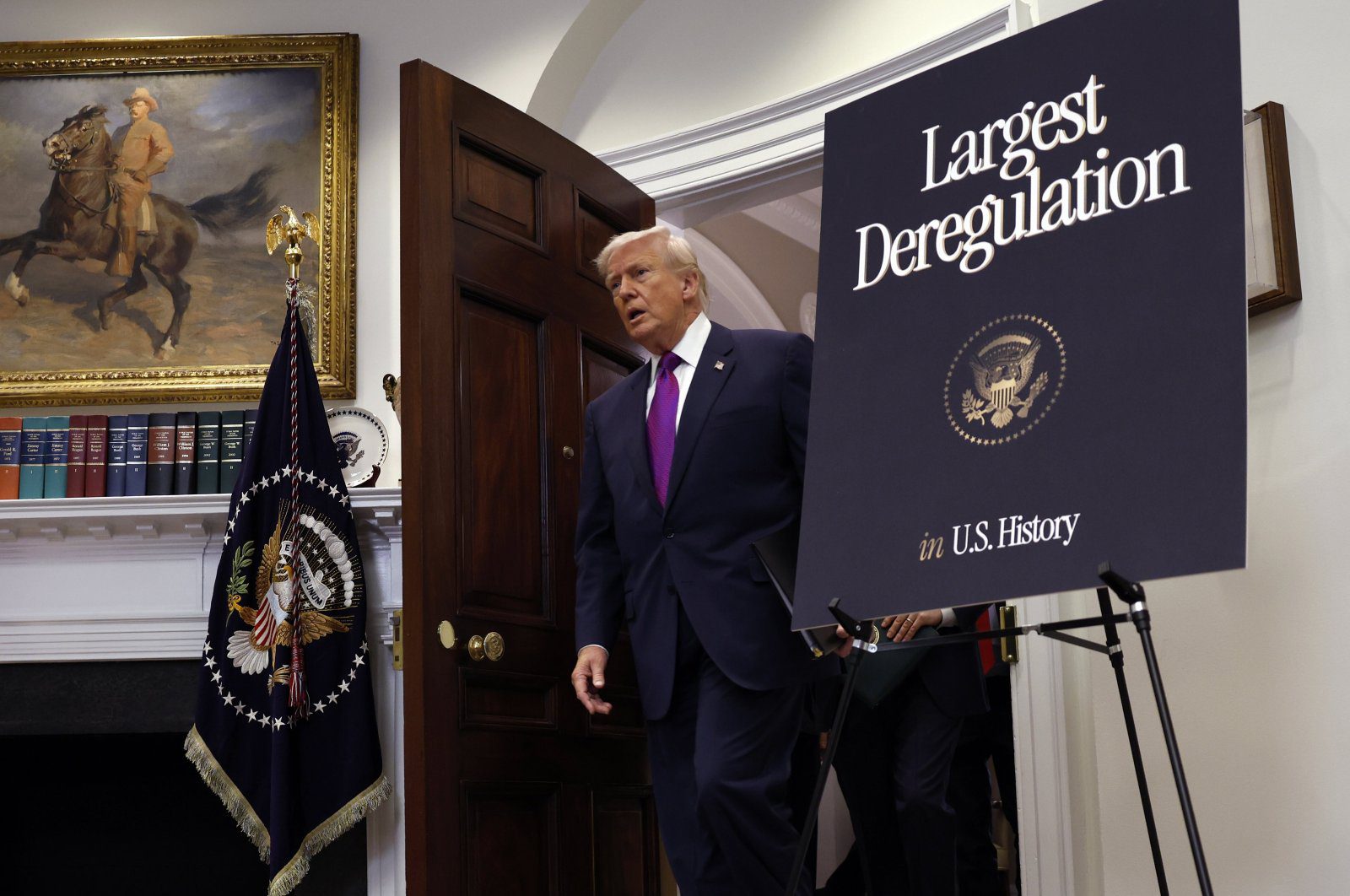Key Impact Points:
- First-Ever Activation: Grenada invokes hurricane clause in government bond, deferring debt payments post-Beryl.
- Massive Economic Impact: Beryl causes damage equal to one-third of Grenada’s annual economic output.
- New Path for Climate Resilience: Other nations eye Grenada’s pioneering use of natural disaster clauses as climate change intensifies.
Grenada has become the first country to activate a hurricane clause in a government bond, delaying debt payments after the destruction caused by Hurricane Beryl last month.
The decision marks a significant milestone in financial planning for climate-related disasters. Prime Minister Dickon Mitchell estimates the damage at nearly one-third of the country’s annual economic output.
The Grenadian finance ministry notified international bondholders of the decision, citing a $30 million “modelled loss” due to Beryl. The country will defer payments on its $112 million bond scheduled for November 2023 and May 2024, totaling over $12.5 million. The payments will be pushed to the end of the bond’s term in 2030.
Change the World - Subscribe Now
Grenada will also defer approximately $5 million in other loans, including bilateral loans from Taiwan. This move sets a precedent in global finance as the first activation of a natural disaster clause.
“Although no one wishes a hurricane on a country, it is good to see the natural disaster clauses that Grenada inserted into its bonds almost a decade ago doing exactly what they were designed to do,” said Sebastian Espinosa, a debt expert at White Oak Advisory who helped develop the clause for Grenada.
The clause was introduced after two debt restructurings caused by a previous hurricane. The IMF predicts that small nations like Grenada are at higher risk, with one in ten disasters causing damage equivalent to more than 30% of GDP.
As climate change increases the frequency and severity of storms, more nations may adopt similar clauses, ensuring fiscal stability in times of crisis.

 Follow SDG News on LinkedIn
Follow SDG News on LinkedIn











